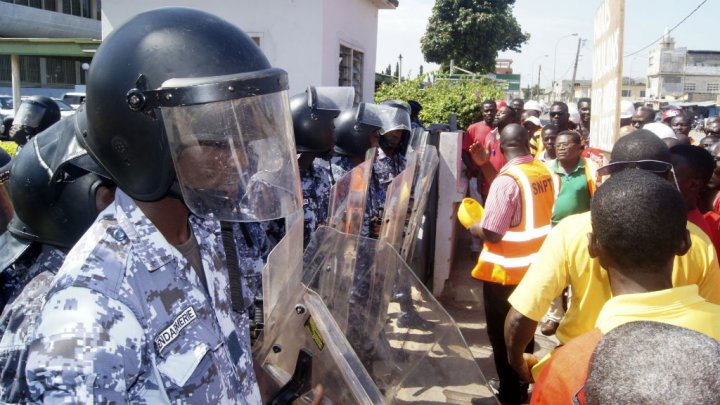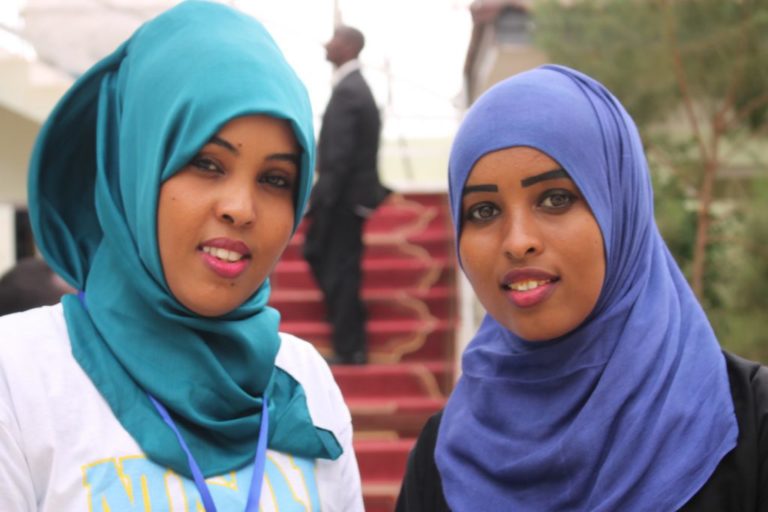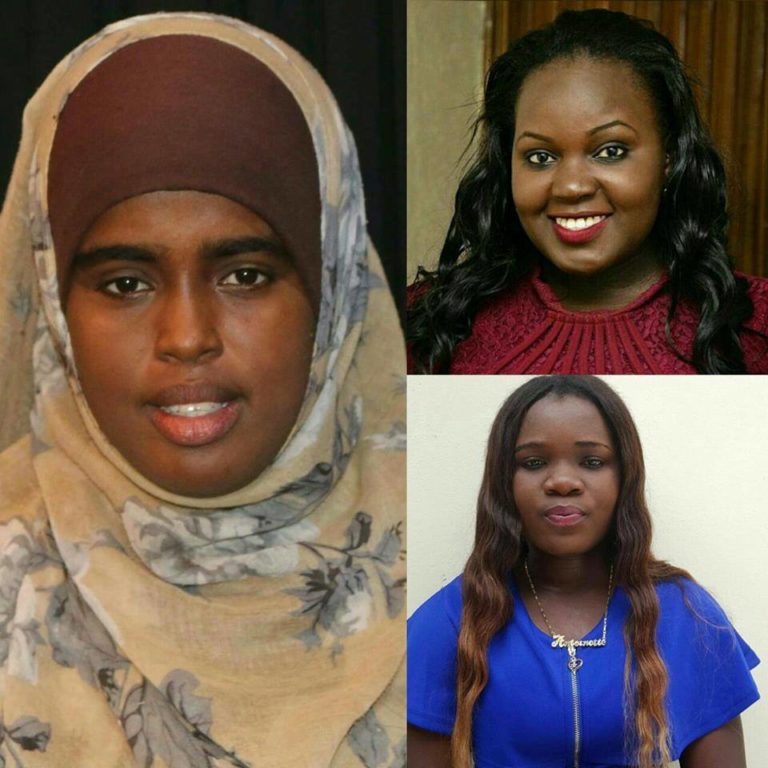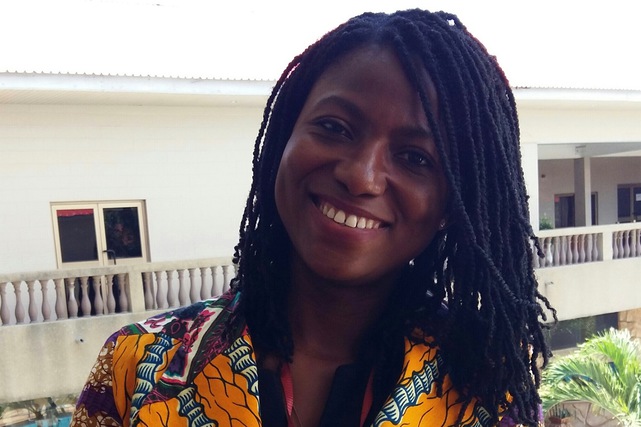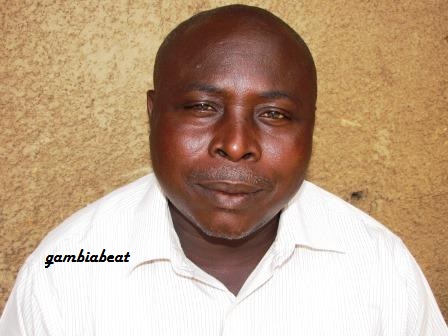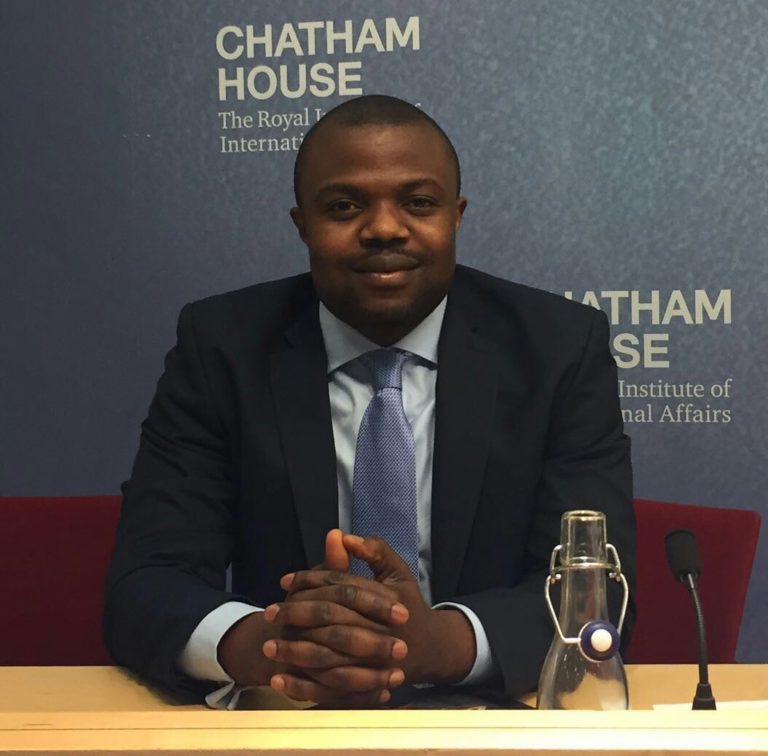This statement was originally published on mfwa.org on March 10, 2017.
The Chief Magistrates Court at Buganda Road has found the former Division Police Commander (DPC) of Old Kampala, Joram Mwesigye guilty of assaulting a WBS Television journalist, Andrew Lwanga. He has been fined (Sentenced) one million shillings (USD 282), and Five million shillings (USD 1,409) compensation to the assaulted journalist which he has to pay in 30 days. If Joram fails to make the payments within 30 days, he will serve one year in prison. The journalists present at court reacted angrily to the sentence, describing the process as a miscarriage of justice.
Court parked to full capacity, presided over by the Buganda Road Court Grade One Magistrate Gladys Kamasanyu acquitted Joram on two other counts of malicious damage to property. Lwanga accused Joram of damaging his camera whereas Ssetimba of Bukedde TV accused Joram of tearing his trouser.
However the former DPC Mwesigye Joram was acquitted on these two counts of Malicious damage to property, with Court ruling that there was no proof of ownership of the said items, like receipts by the prosecution led by Patricia Chingitho.
Her Worship Kamasanyu based her conviction on the evidence of four prosecution witnesses that included three journalists, a television librarian who tendered in a video footage and a Doctor that examined Andrew Lwanga. The magistrate said that she viewed the footage tendered by the librarian of NTV and ruled that there was absolutely no reason why Lwanga was assaulted since he was properly identified in his blue WBS TV T-shirt, busy doing his work. She said that the journalists properly identified Joram as the one who was wearing a Kaki police uniform with his name on it, holding a stick that beat up Lwanga.
She noted that Lwanga was deeply hurt and his body was tampered with; he sustained injuries on his head, left ear and chest, thereby causing him actual bodily harm. The magistrate however handed Joram a light sentence saying he has been remorseful and regretful of his actions throughout the trial, on top of being suspended from active police service.
Andrew Lwanga however described the process as a mockery of justice which would not help journalists scare away potential perpetrators.
“Am dissatisfied with the outcome of the court. This judgment is a mockery of justice, and I will appeal against the sentence and the acquittal on the two counts. Joram has walked away scot-free with such a light fine, yet for me, am still suffering and undergoing treatment, I have no job, I lost my property in the process and remain deformed”. Said Lwanga
Lwanga was assaulted on 12th/January/2015 at Florina bar and guest house on Namirembe road in Kampala, as him and other journalists were covering unemployed youths who were taking a petition to IGP Kale Kayihura, and carrying placards reading, “we want jobs.”
Human Rights Network for Journalists-Uganda described the judgment as an insult to journalists. “We were surprised when court acquitted Joram of malicious damage to property yet he is seen in the video -which the Magistrate said she watched many times, hitting the camera with a stick. The sentence handed to Joram is also not deterrent to perpetrators from assaulting journalists on duty. We believe the judgment is an insult to journalists and renders them more susceptible to attack by such errant security officers. This judgment should be appealed aganist.” Said the HRNJ-Uganda National Coordinator, Robert Ssempala




